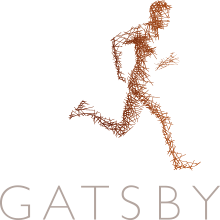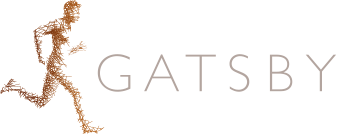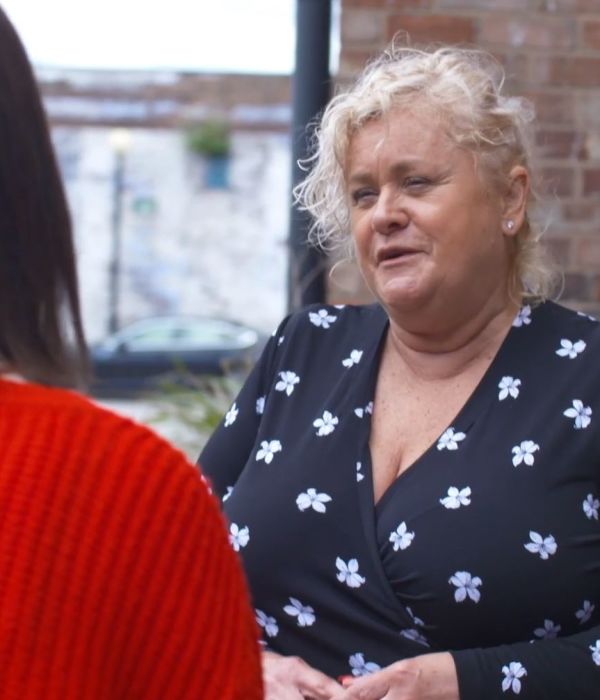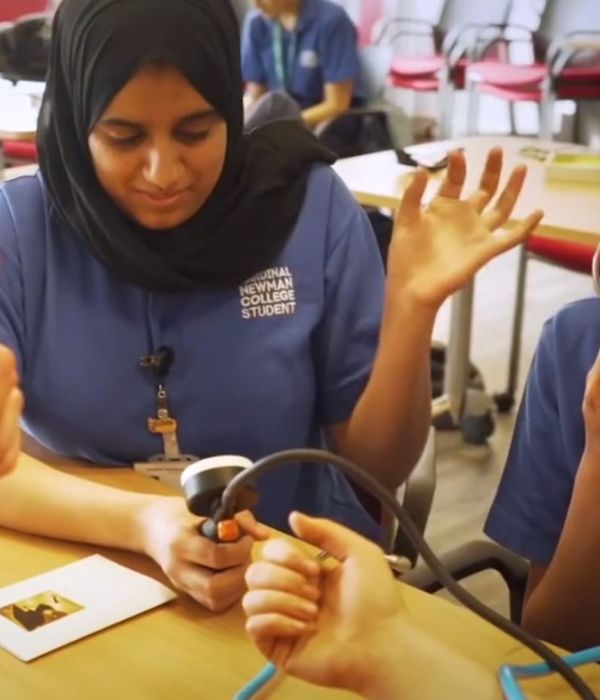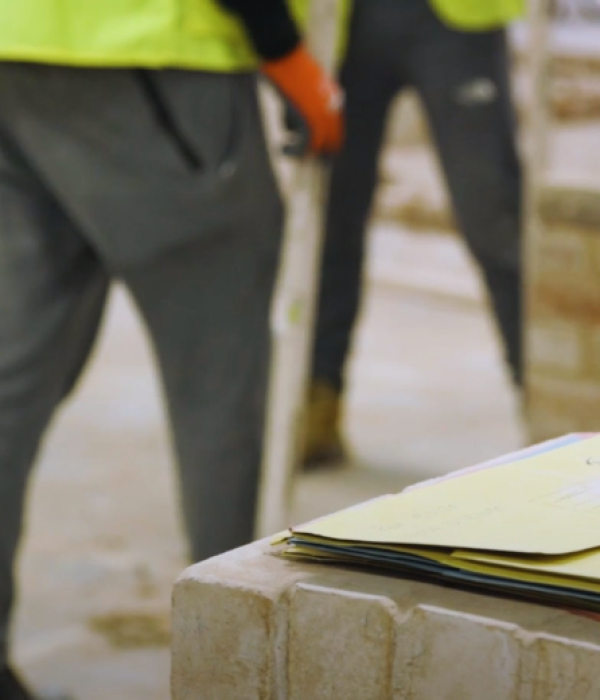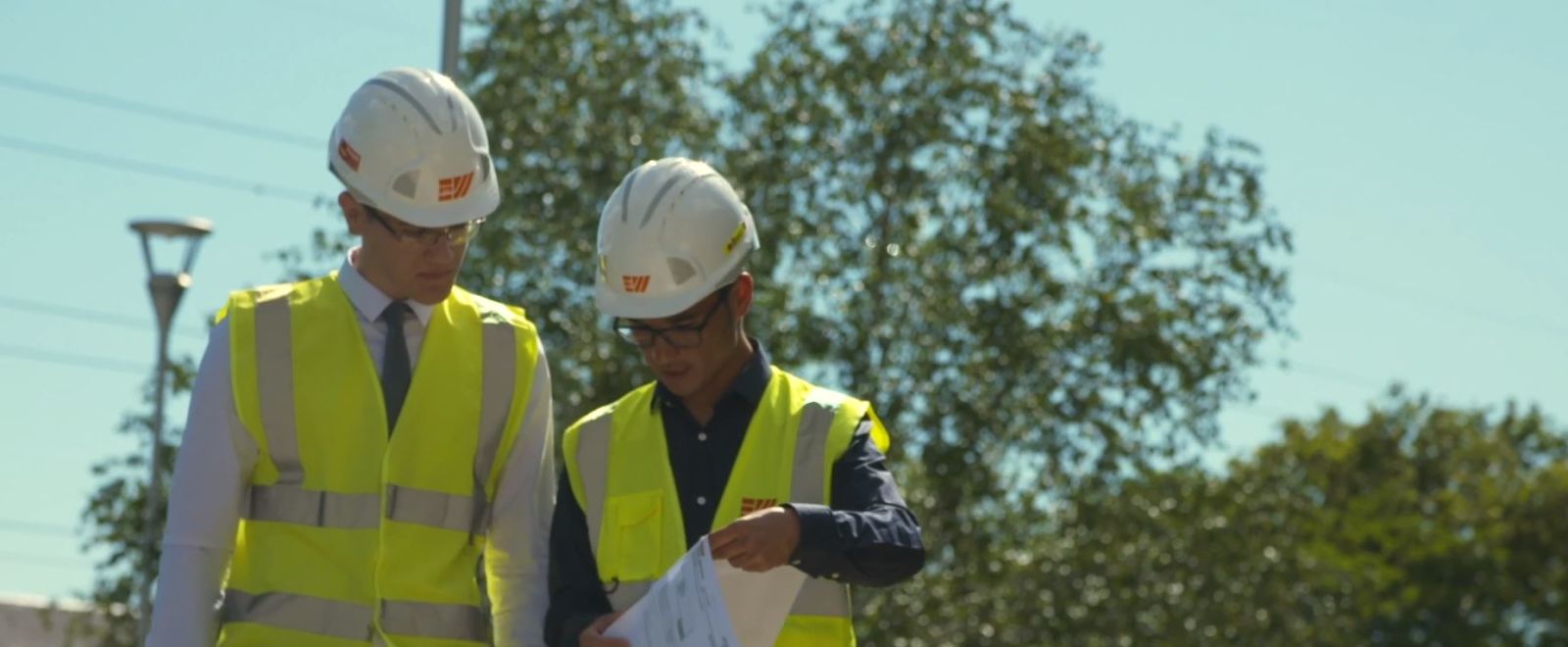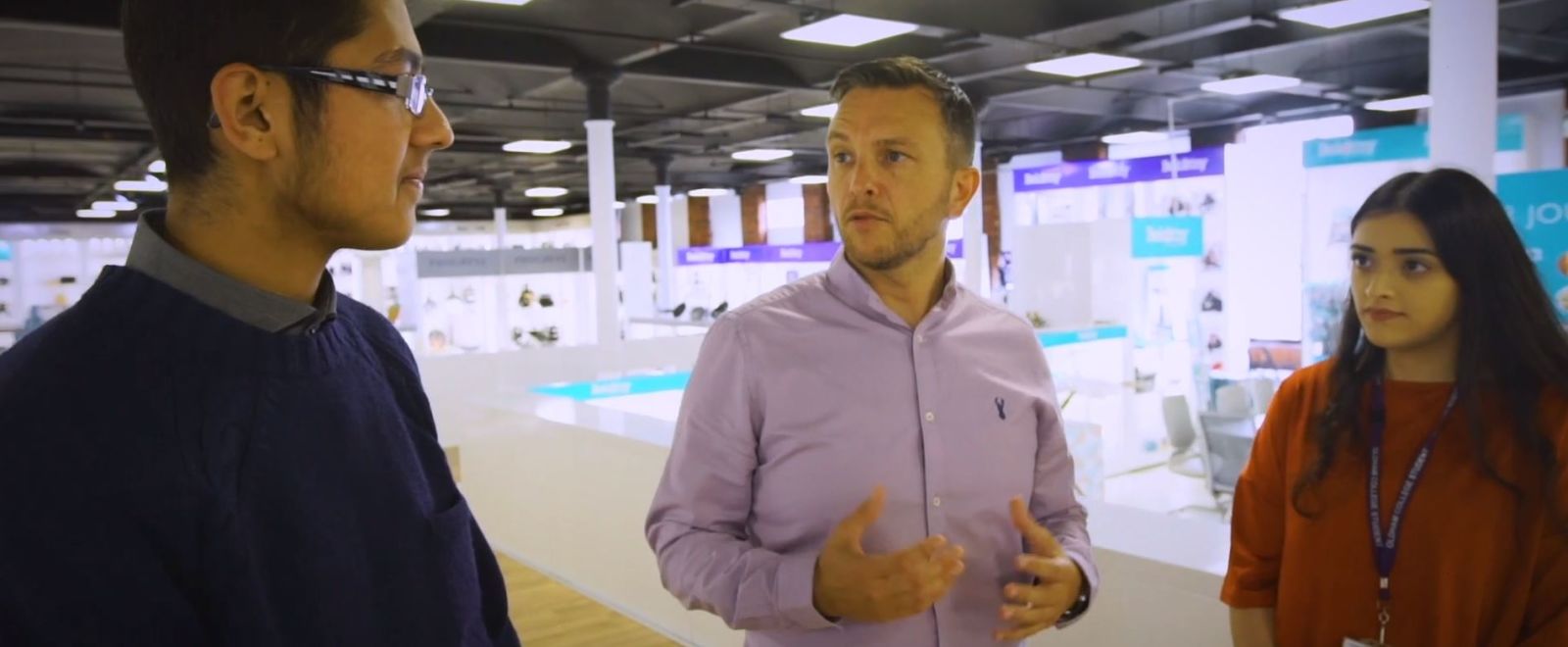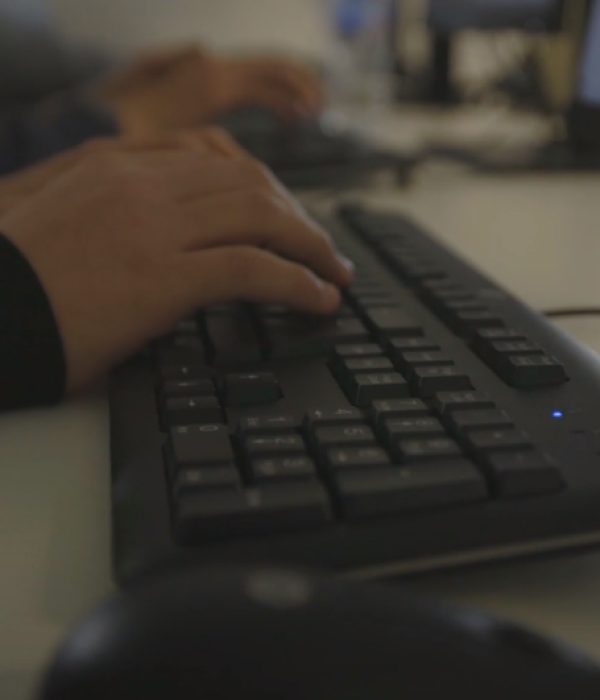Industry Placements & Links
Industry placements and strong relationships with employers are crucial in T Levels. Providers have built capacity to support extended placements by using the Capacity and Delivery Fund (CDF), and are now delivering industry placements for their T Level students. Working with employers in the design and delivery of the curriculum strengthens the links between the learning that happens in the classroom and on placement with an employer.
